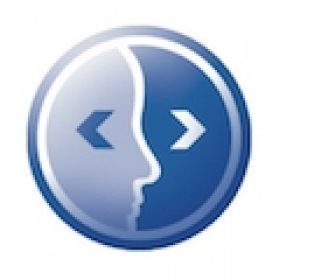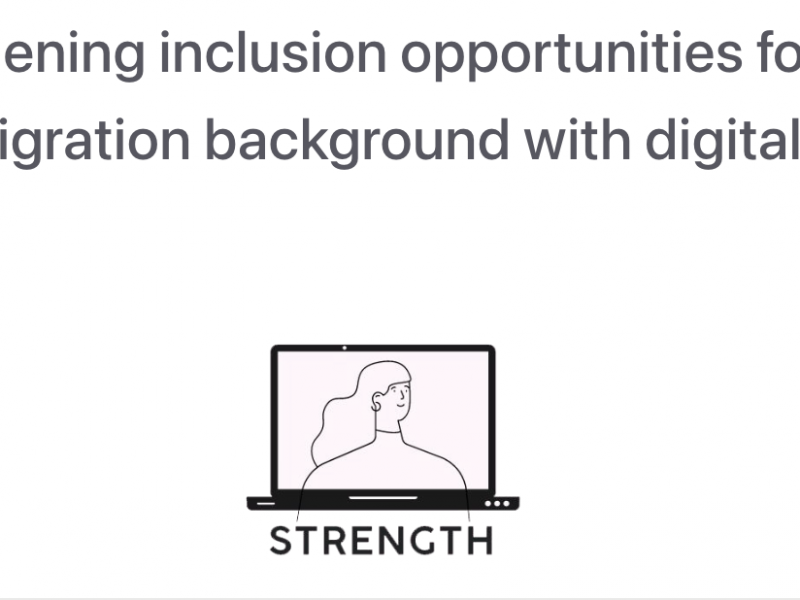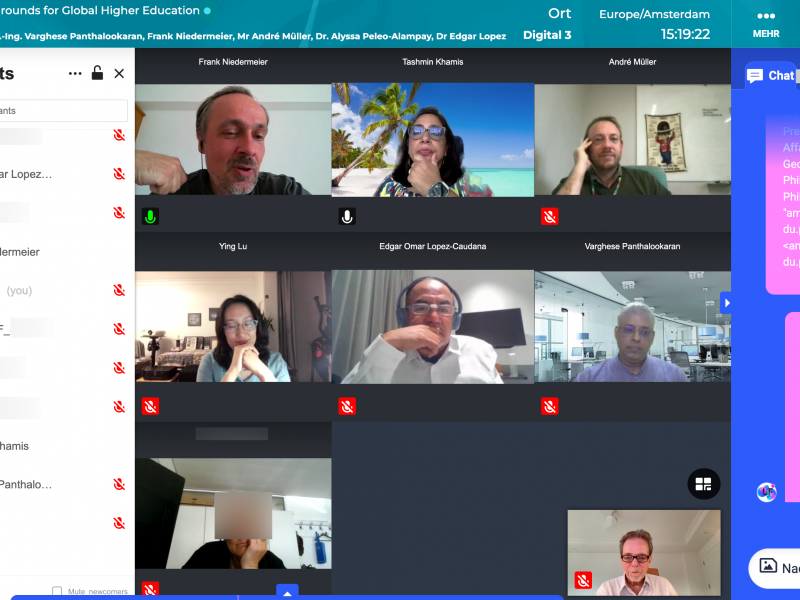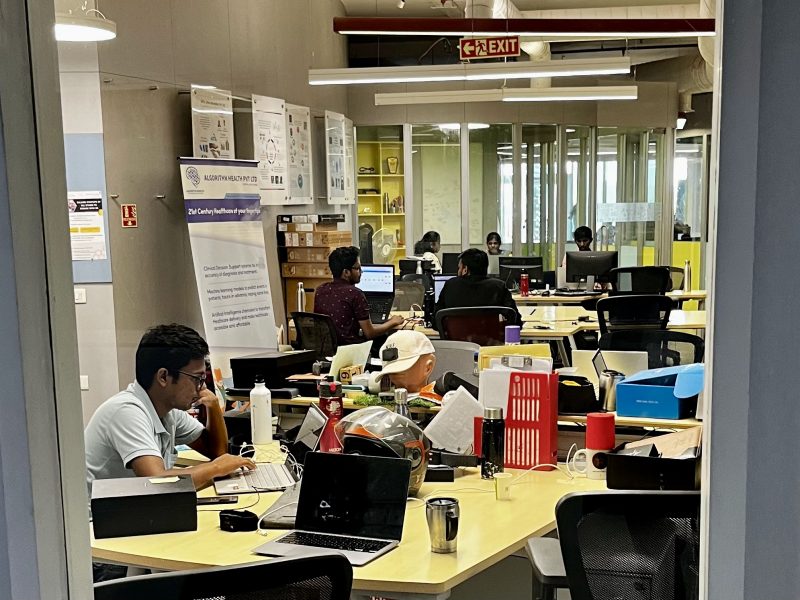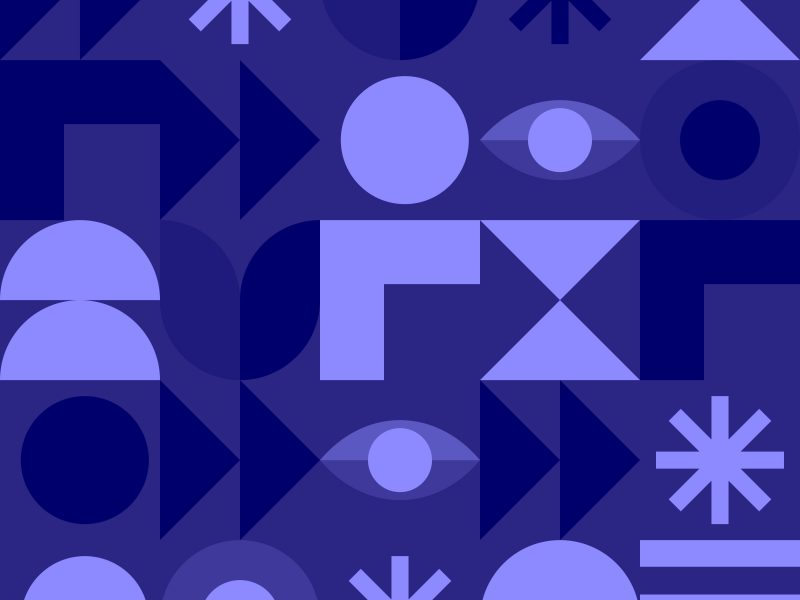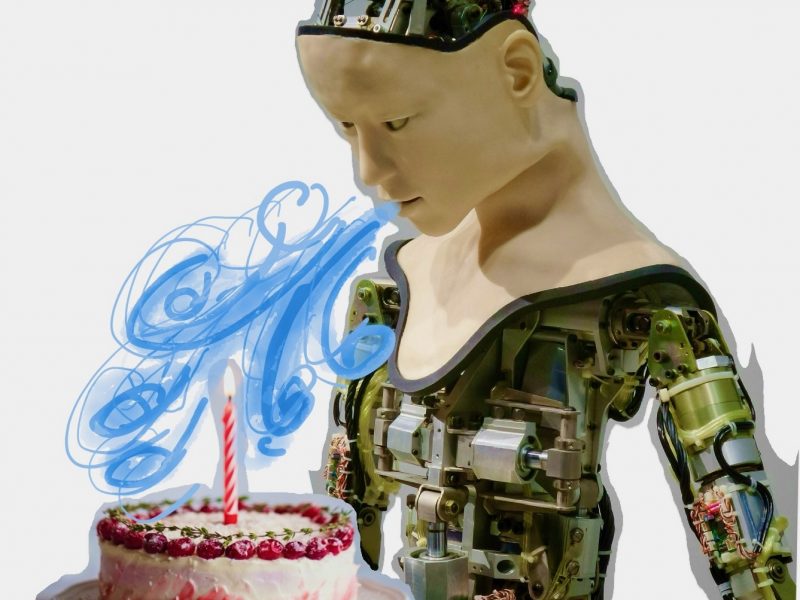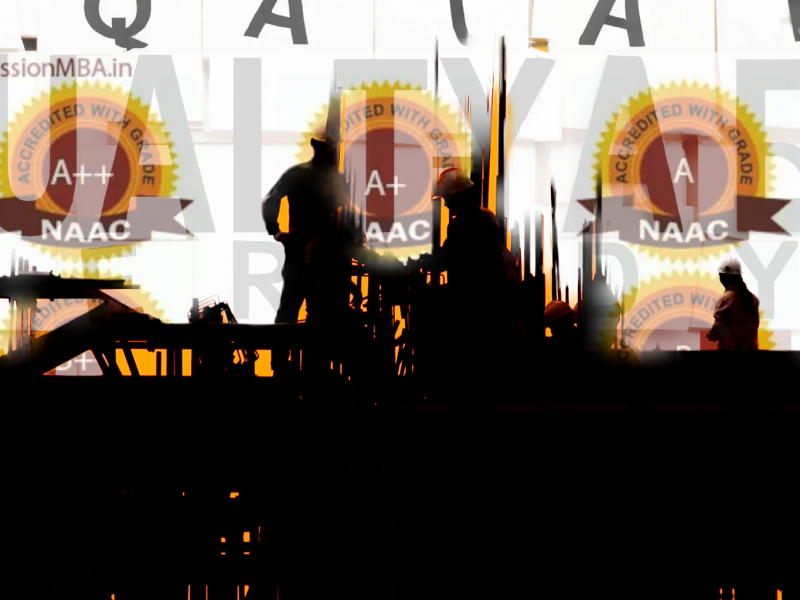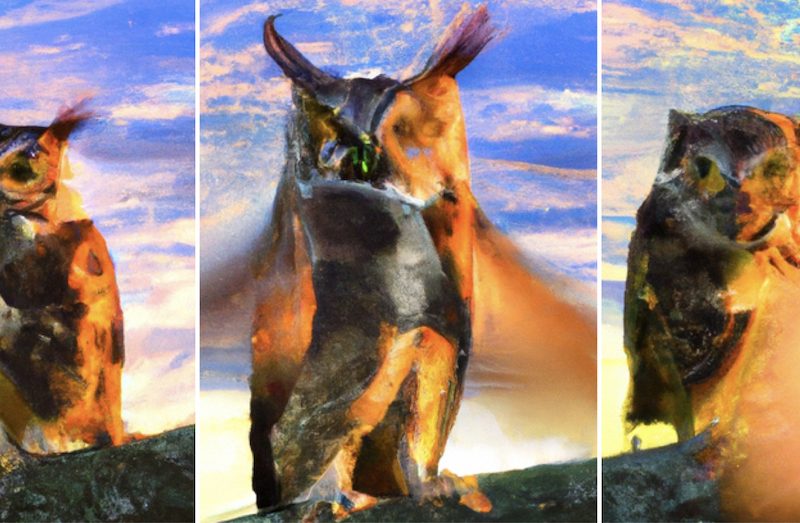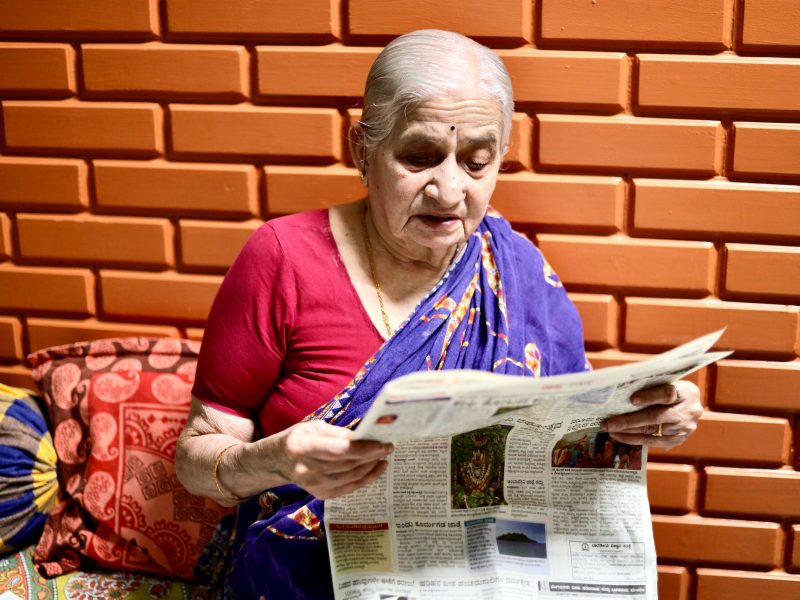Innovative methods for developing digital skills for migrant women were presented at the STRENGTH project workshop in Dresden. The focus was on targeted media use, self-learning and collaboration. The LASLLIAM concept for literacy in the second language, which promotes an organic image of skills, was particularly exciting.
(Un)common Grounds for Higher Education
Our workshop at the UFFestival brought together higher education experts from six non-European countries to share their views and experiences on improving the quality and access of higher education. The discussions covered topics such as didactic innovations, racism, inequality, and hybrid teaching methods that ensure access in times of crisis.
India: Unemployment rate of educated youth growth
The ‘India Employment Report 2024,’ issued by the International Labour Organization (ILO) and the Institute of Human Development (IHD), is the latest publication on the employment situation in India with a focus on youths and women. According to the report, there is an increase in the employment rate, but the prospects for well-educated young individuals remain bleak.
Designing Postdigital Futures – Who against and why? A comment on a comment
In the context of discussing alternative narratives for digital educational technology, the paper “Designing Postdigital Futures” raises important points but also leaves some questions unanswered. It criticizes the dominant “engineering logic” in educational technology without clearly defining its targets or proposing how an alternative design approach could solve the problem.
Happy Birthday ChatGPT – Occasional Thoughts on Text AI in Higher Education
On November 30, 2022, we experienced the “iPhone moment of AI.” Here is my attempt to provide brief answers to the key questions. What do university educators need? What should universities and education policy do? What will happen to higher education? Guidance on what? What about examinations? What about the negative impacts? Where does humanity fit in? Conclusion: We cannot expansively address the challenge of integrating AI into higher education without considering the context (goals, policies, culture of higher education).
India’s higher education accreditation system. Restructuring in Turbulent Times.
The Indian higher education landscape is changing very dynamically. Within the framework of the “National Education Policy 2020” (NEP), reforms are being launched that are reminiscent of the European Bologna reform. The goals are ambitious and it shows again and again how challenging the tasks set are. An example is the system of accreditation.
CheatGPT, cheat on A-level exams and the problem of authorship
At its core, the debate about cheating on A-level exams with ChatGPT concerns the ambiguity of authorship of AI texts and control in exams. The problem of proving cheating attempts using constructs such as “individual, independent performance” points to the outdated nature of exam culture in a digital media landscape.
ChatGPT: Minerva’s owl can’t get off the branch anymore
My intermediate status of current developments around ChatGPT. The pressure to act is great, but at the same time rigid patterns of thought and action persist. Adaptation to the new circumstances takes place, but fundamental changes are less likely to.
By the way. Pickings from my news stream. (India edition)
By the way. Pickings from my news stream. (India edition): Higher Education numbers in India continue to grow + Push for campuses of foreign HEIs in India + Indian digital Central Academic Bank of Credits (ABC) becomes mandatory + Regression in India’s Academic Freedom Index score
Higher Education Barometer 2022: Teaching is rated worse, which is due to online teaching – maybe…
The Stifterverband regularly surveys university administrations in Germany about their assessment of the general climate in their institutions. The publication a few days ago, which refers to the year 2021, shows an overall positive picture but also a clear kink in the assessment of one’s own teaching. The authors of the report suspect that it could be due to the switch to online teaching, but this does not seem very plausible in the overall picture.
